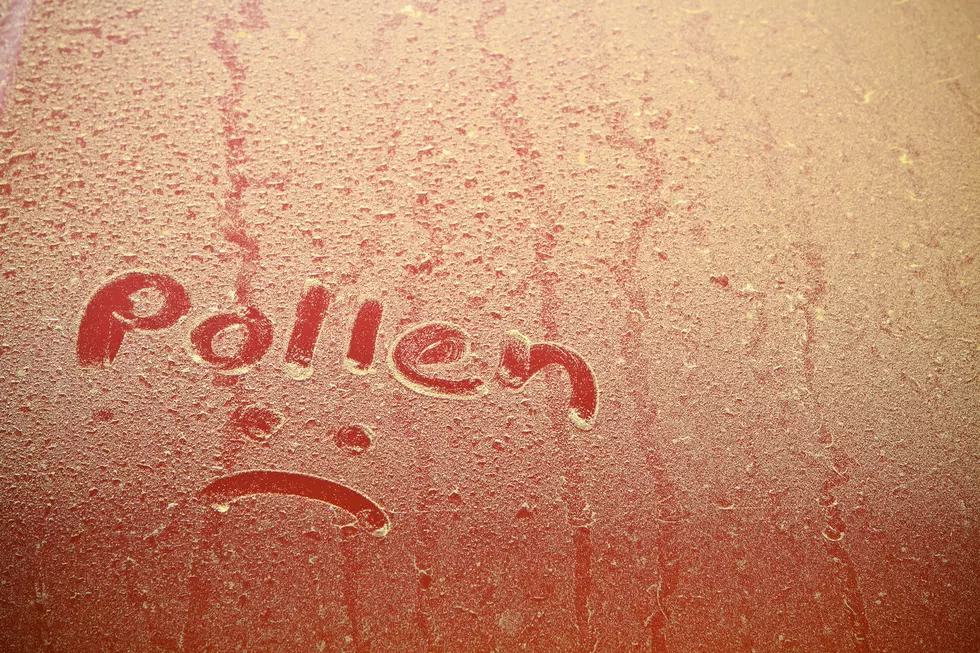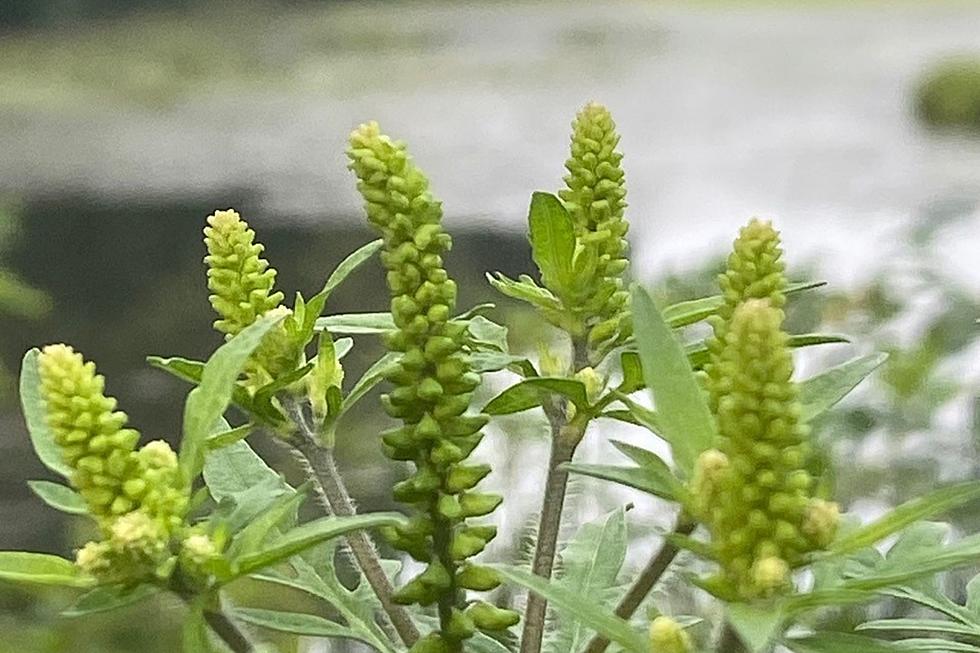![September Could Be Tough for Child Asthma Sufferers [AUDIO]](http://townsquare.media/site/385/files/2013/04/Pollen.jpg?w=980&q=75)
September Could Be Tough for Child Asthma Sufferers [AUDIO]
For children with asthma, September can be one of the worst months.
In fact, clinical studies have shown the greatest number of hospitalizations as a result of asthma occur in the weeks after Labor Day.
Most asthma in children is caused by allergies.
"90 percent of the triggers of asthma in children is allergies, which is not necessarily the case in adults. September has some overlapping changes in ragweed which normally starts during the last week of August, but it's been migrating earlier and earlier. We also have other allergenic plants along with grasses which have a second pollenating season," said Dr. Leonard Bielory, attending at Robert Wood Johnson University Hospital in the Division of Allergy and Immunology.
"The grass overlays the ragweed season, especially with the amount of rainfall we had over the summer which caused a delay of the peak of the ragweed season. The rain this summer also heightened other weeds and grasses. So, the ragweed, other weeds and grasses came together and are making for a difficult September for asthma and allergy sufferers."
The indian summer, where the high humidity came in briefly and released pollen into the air combined with the other factors created a "witches brew" for allergy and asthma sufferers.
"You have high humidity, the release of pollen grains. Add grass pollen, other pollen and mold into that as the leaves fall from the trees, and it creates an incredibly tough time for those who suffer," said Bielory.
Children also go from spending a great deal of the summer outdoors and then school starts and they are subjected to indoor allergens.
"While most schools are very well filtered, the most common allergen they are subjected to indoors is dust mites and in some cases, cockroach, which is much more potent than dust mites," said Bielory. "If you have a child who suffers with asthma, you should pre-medicate and have an asthma action plan in place. It's also important to monitor the pollen count, not the index, the actual count."
To get the pollen count, visit nynjpollen.com. You can also download the iPollencount app for New Jersey, New York and Pennsylvania areas. You can get your day to day pollen counts, score your symptoms and send them right to your doctor, so you can adjust your medications accordingly.
More From New Jersey 101.5 FM









